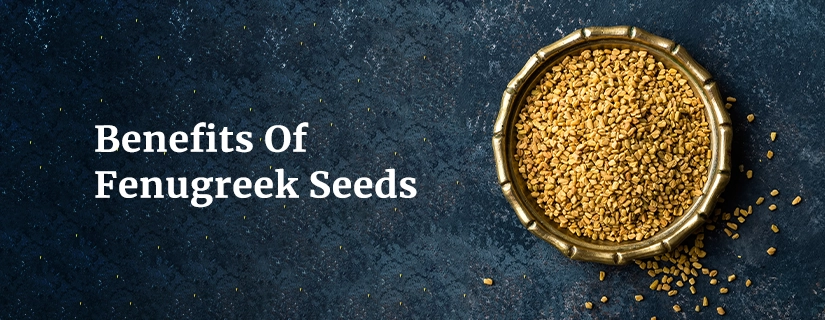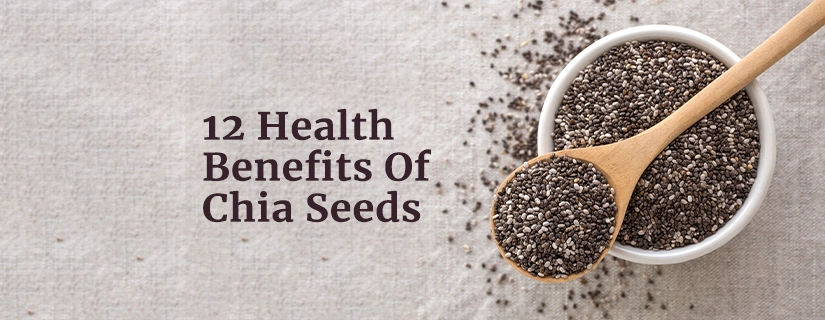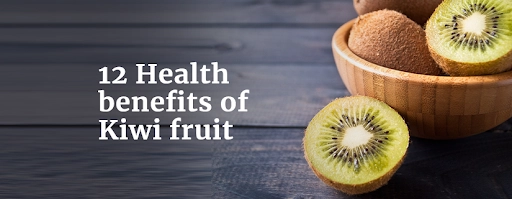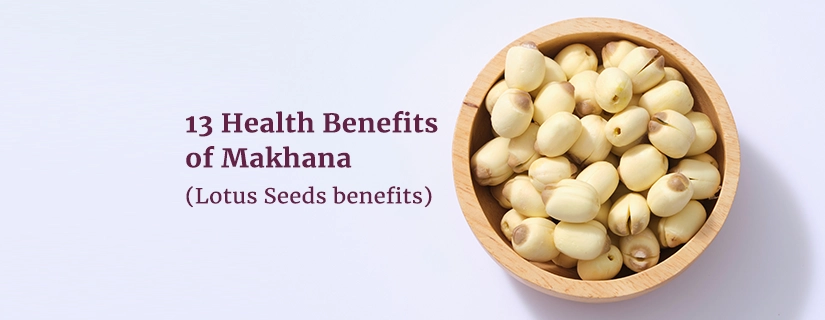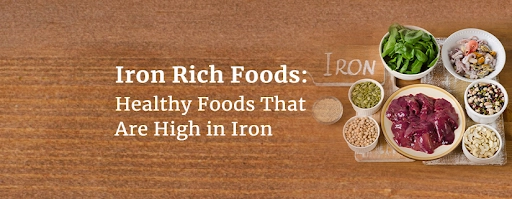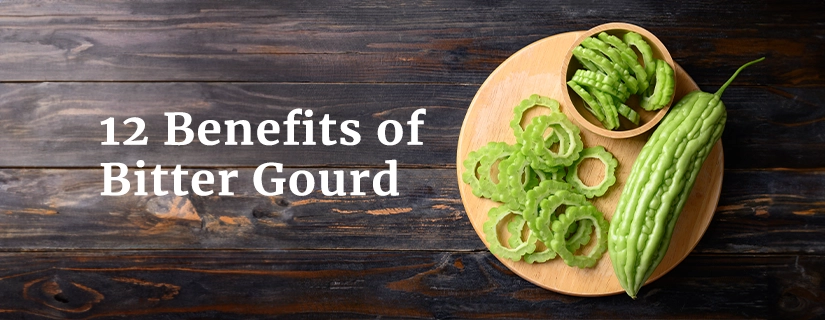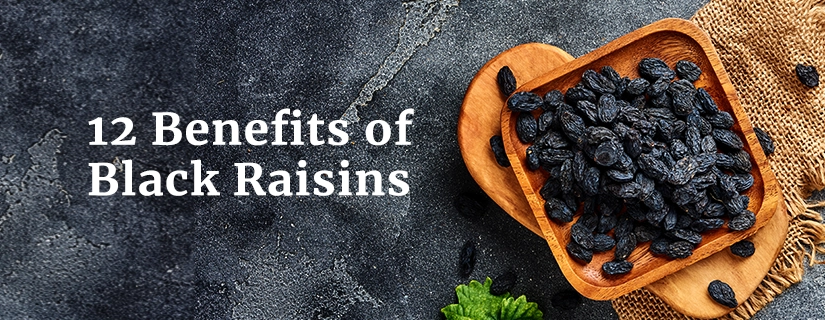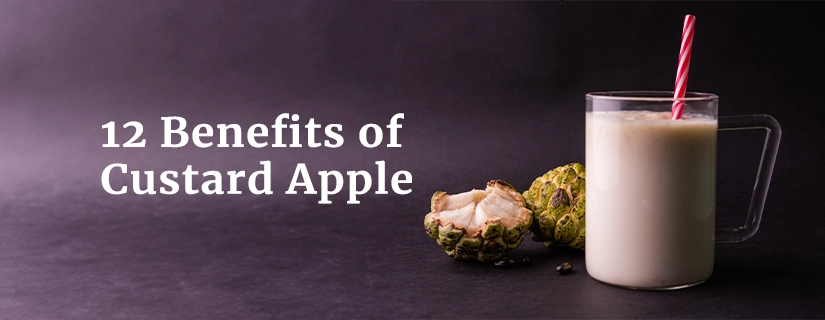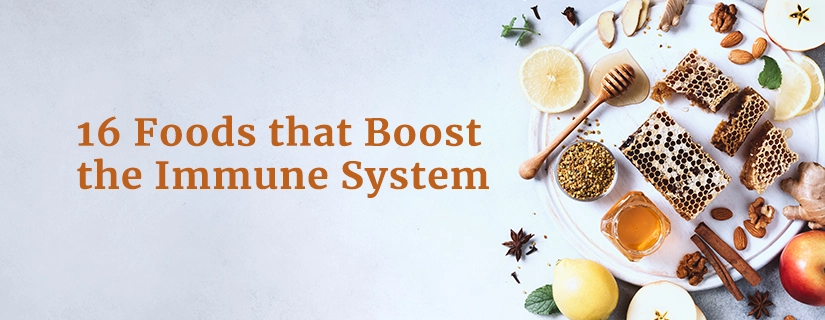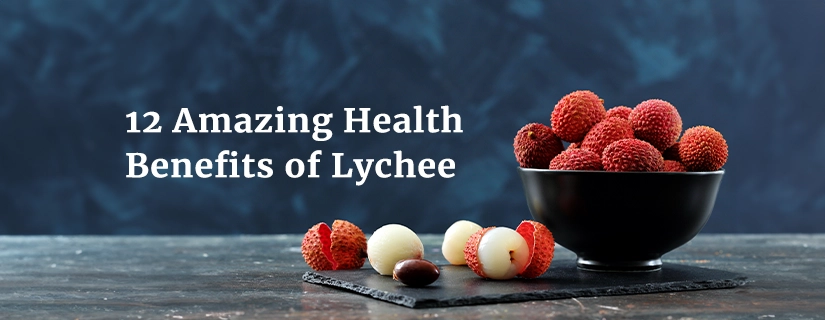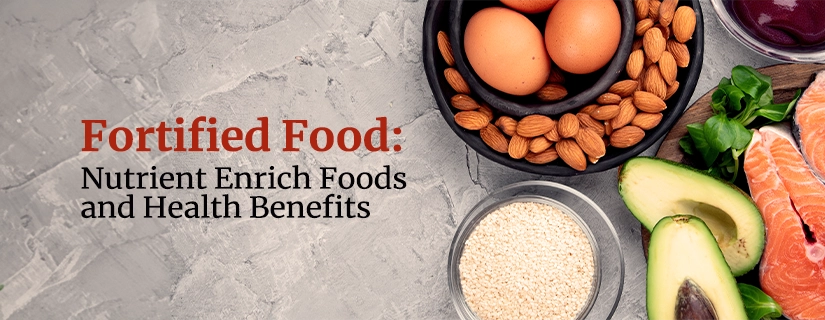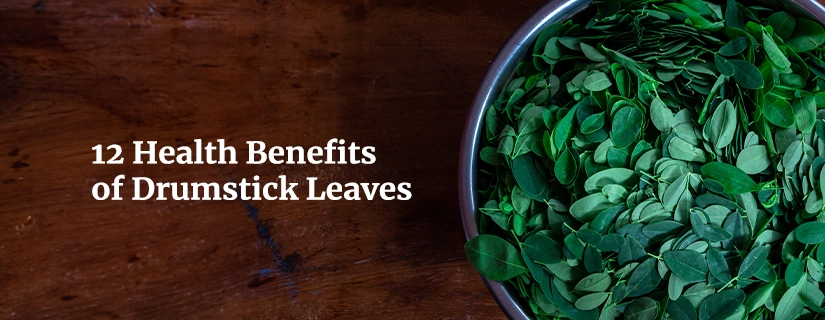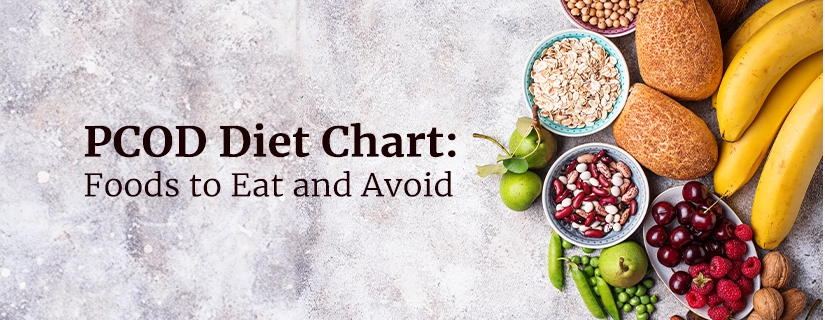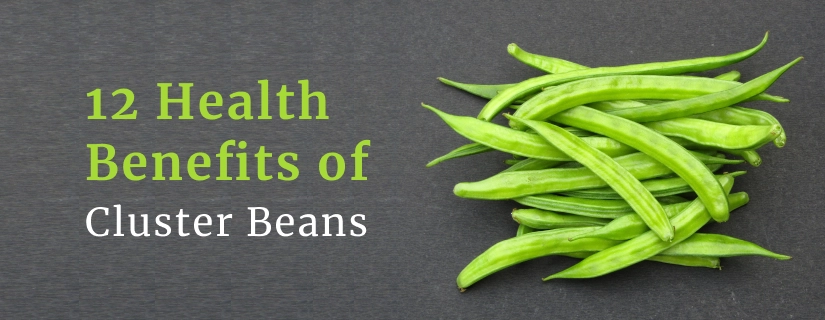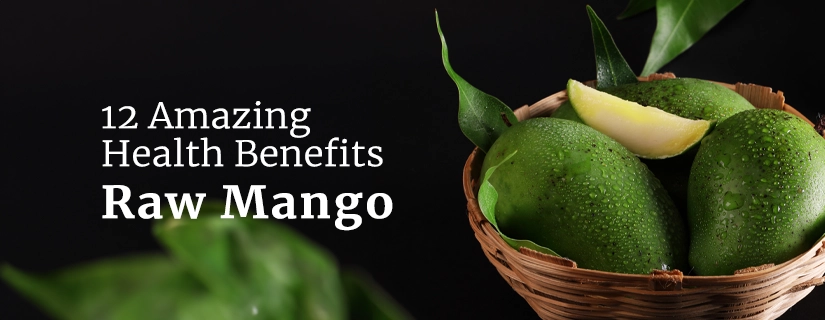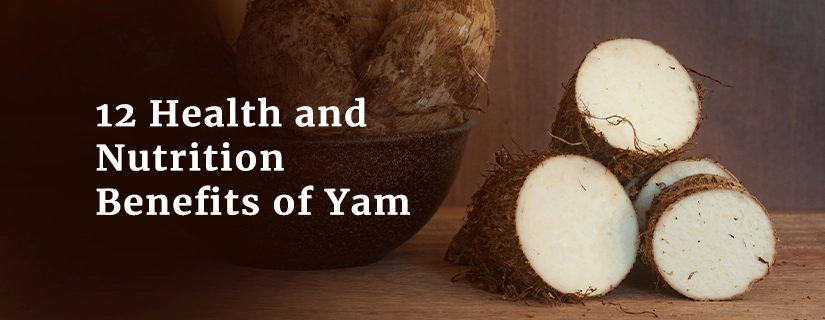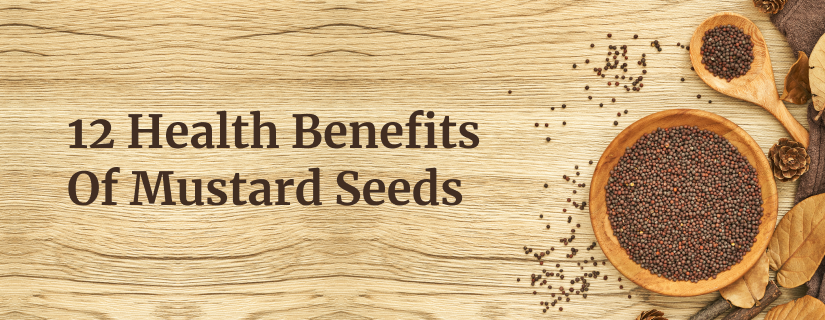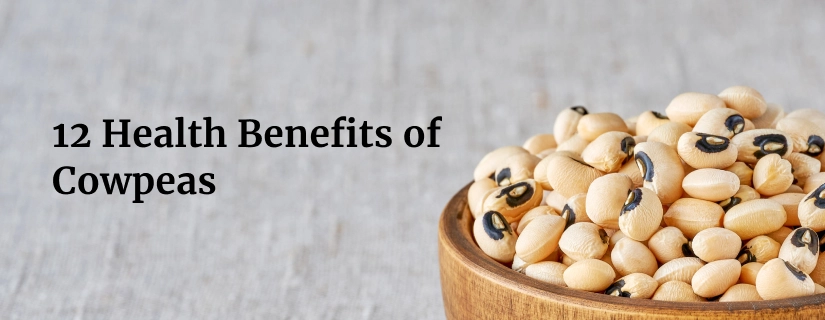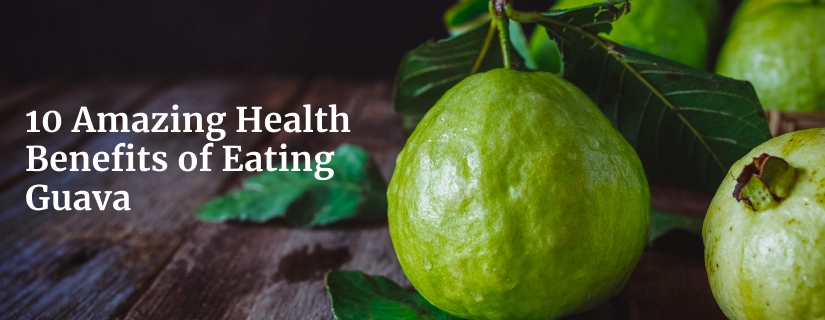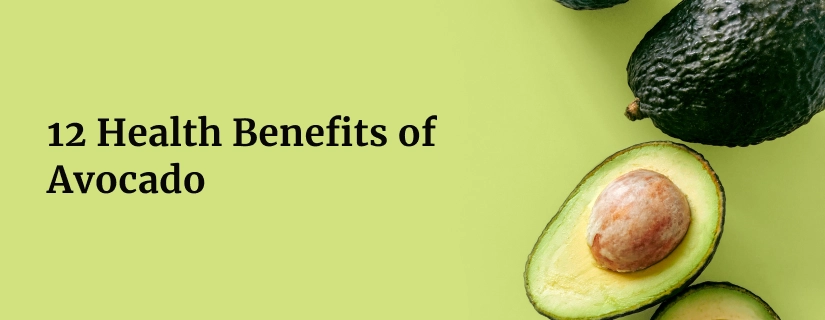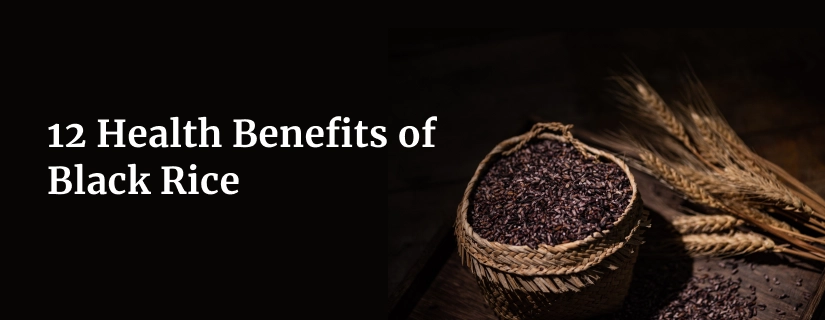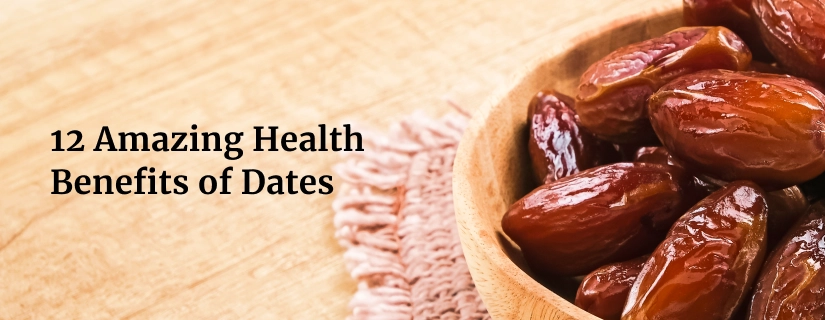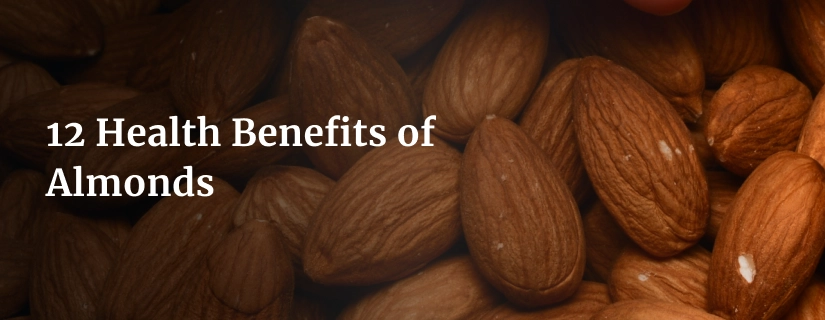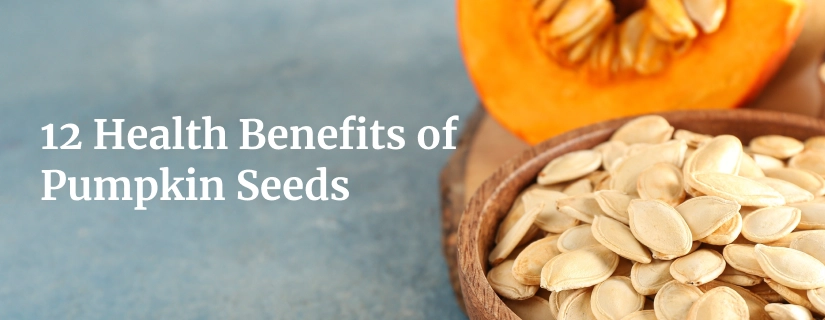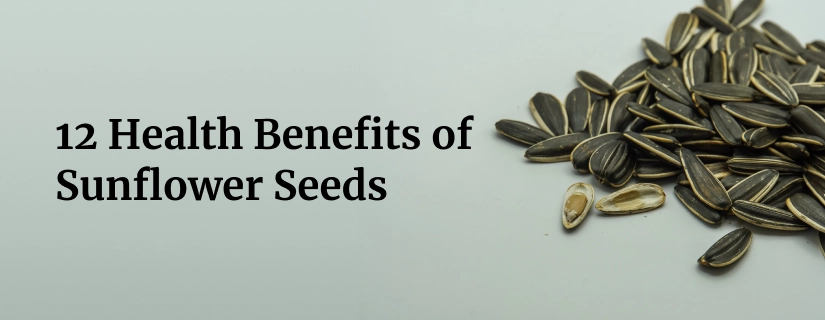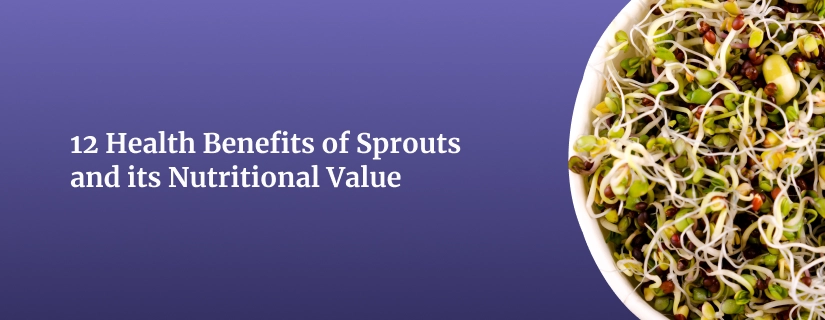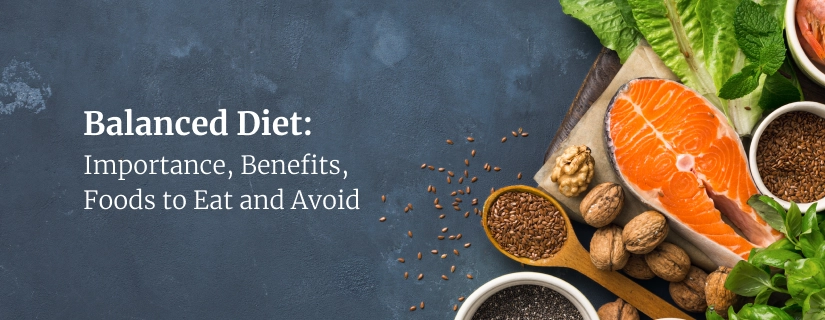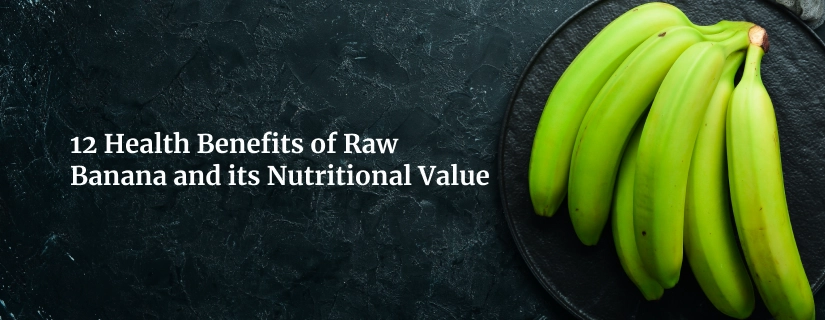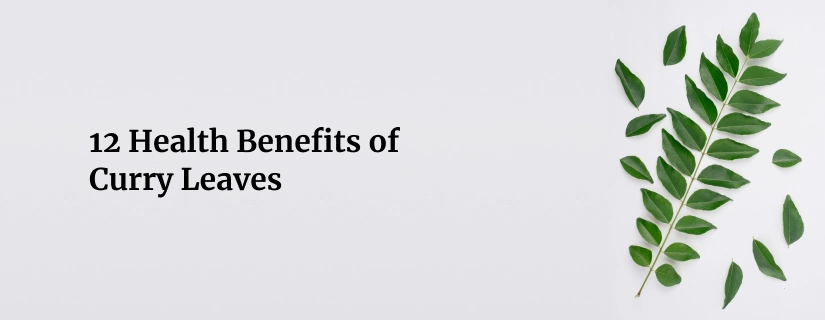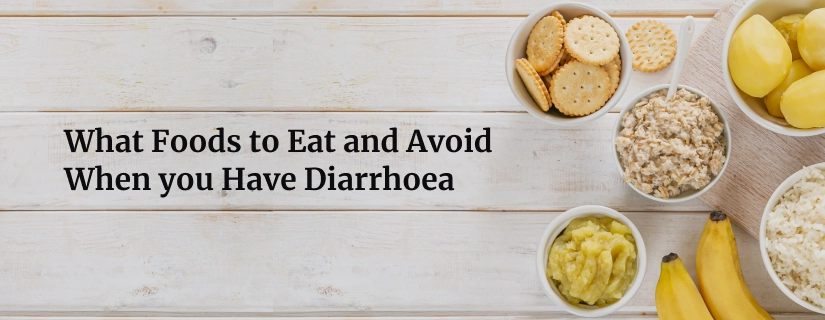-
Doctors
-
Specialities & Treatments
Centre of Excellence
Specialties
Treatments and Procedures
Hospitals & Directions HyderabadCARE Hospitals, Banjara Hills CARE Outpatient Centre, Banjara Hills CARE Hospitals, HITEC City CARE Hospitals, Nampally Gurunanak CARE Hospitals, Musheerabad CARE Hospitals Outpatient Centre, HITEC City CARE Hospitals, Malakpet
HyderabadCARE Hospitals, Banjara Hills CARE Outpatient Centre, Banjara Hills CARE Hospitals, HITEC City CARE Hospitals, Nampally Gurunanak CARE Hospitals, Musheerabad CARE Hospitals Outpatient Centre, HITEC City CARE Hospitals, Malakpet Raipur
Raipur
 Bhubaneswar
Bhubaneswar Visakhapatnam
Visakhapatnam
 Nagpur
Nagpur
 Indore
Indore
 Chh. Sambhajinagar
Chh. SambhajinagarClinics & Medical Centers
Book an AppointmentContact Us
Online Lab Reports
Book an Appointment
Consult Super-Specialist Doctors at CARE Hospitals
15 Health Benefits of Sabja Seeds
Updated on 19 July 2023
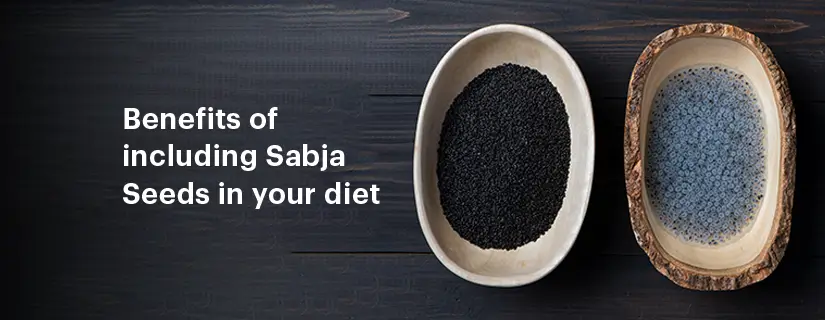
Table of Content
- Nutritional Information of Sabja Seeds
- 15 Health Benefits of Sabja Seeds
- Side Effects of Sabja Seeds
- How to Consume Sabja Seeds?
- Difference Between Chia seeds and Sabja seeds
- Daily Dosage Of Sabja Seeds
- Precautions for using Sabja Seeds
- Other Uses of Sabja Seeds
- Side effects of sabja seeds for Males and Females
- Conclusion
- FAQs
You must have seen those black seeds in your Falooda drink. If you don’t know what they are, they are called Sabja, Basil, or Tulsi seeds. Sabja seeds have gained popularity in recent years for their numerous health benefits and culinary uses. Derived from the sweet basil plant, these tiny black seeds offer a range of advantages for overall well-being. Knowing more about this readily available wonder food would raise your awareness levels about the benefits of these tiny powerhouses of good health. In this article, we will explore the wonderful benefits of Sabja seeds and how they can be incorporated into your daily diet.
Nutritional Information of Sabja Seeds
Sabja seeds offer a range of nutritional benefits. These seeds are low in calories and a rich source of dietary fiber, which aids in digestive health and promotes regular bowel movements. Sabja seeds are abundant in omega-3 fatty acids, which support heart health and reduce inflammation. They are also packed with essential minerals such as calcium, magnesium, and iron, contributing to bone strength, muscle function, and oxygen transport in the body. Refer the table to know more about its nutritional contents.
|
Sabja Seeds Nutritional Value |
Serving size - 100 g |
|
Calories |
27 |
|
Total Fat |
0.61g |
|
Saturated Fat |
0.041 |
|
Trans Fat |
0 |
|
Polyunsaturated Fat |
0.389g |
|
Monounsaturated Fat |
0.088g |
|
Sodium |
4mg |
|
Total Carbohydrate |
4.34g |
|
Dietary Fiber |
3.9g |
|
Sugars |
0.3g |
|
Protein |
2.54g |
|
Calcium |
154mg |
|
Iron |
3.17mg |
|
Potassium |
462mg |
|
Vitamin A |
5275IU |
|
Vitamin C |
18.0mg |
15 Health Benefits of Sabja Seeds
- Digestive Health: Sabja seeds are known for their ability to aid digestion and relieve constipation due to their high fiber content.
- Weight Management: These seeds can help with weight loss by promoting feelings of fullness and reducing overeating.
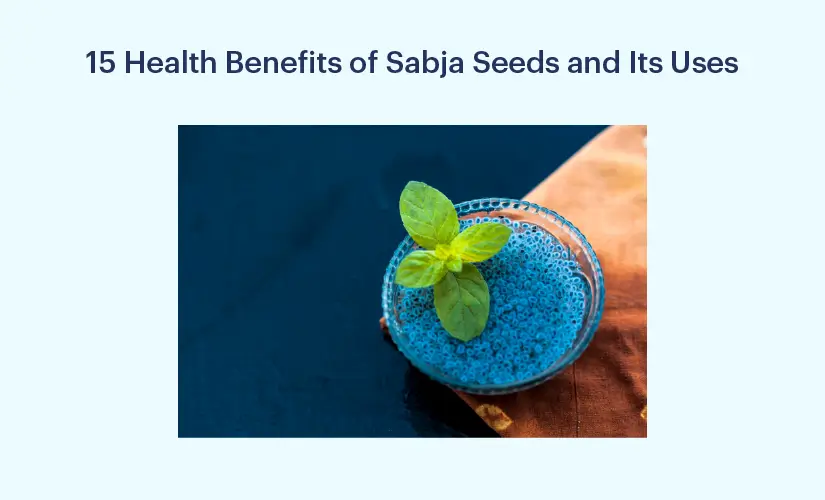
- Hydration: When soaked in water, sabja seeds swell up and form a gel-like substance, which helps in maintaining hydration levels in the body.
- Cooling Effect: Sabja seeds have a cooling effect on the body, making them beneficial during hot summer months or to soothe heat-related ailments.
- Blood Sugar Regulation: The fiber in sabja seeds slows down the absorption of carbohydrates, helping to regulate blood sugar levels.
- Heart Health: Rich in omega-3 fatty acids, sabja seeds can support cardiovascular health by reducing inflammation and improving lipid profile.
- Skin Health: The antioxidants present in sabja seeds can help combat oxidative stress and promote healthy, glowing skin.
- Bone Health: Sabja seeds contain calcium, magnesium, and phosphorus, which are essential minerals for maintaining strong and healthy bones.
- Respiratory Health: These seeds have been used traditionally to alleviate respiratory conditions like cough, cold, and asthma.
- Hormonal Balance: Sabja seeds may help regulate hormones and alleviate symptoms associated with hormonal imbalances like PCOS or menstrual irregularities.
- Detoxification: The gel-like substance formed by sabja seeds can help remove toxins from the body and aid in detoxification.
- Mental Wellness: Omega-3 fatty acids in sabja seeds have been linked to improved brain function and mood stability.
- Anti-inflammatory Properties: The presence of flavonoids in sabja seeds provides anti-inflammatory benefits, reducing inflammation in the body.
- Anti-cancer Potential: Some studies suggest that sabja seeds may possess anti-cancer properties, although further research is needed.
- Nutritional Boost: Sabja seeds contain essential nutrients like iron, vitamin K, and antioxidants, adding to the overall nutritional value of your diet.
Side Effects of Sabja Seeds
While sabja seeds offer various health benefits, it's essential to be aware of potential side effects. Firstly, sabja seeds may cause digestive issues such as bloating, gas, or stomach discomfort in some individuals, especially if consumed in excessive amounts. Additionally, due to their ability to absorb water and expand, consuming them without proper soaking or in large quantities may lead to choking or swallowing difficulties. It is also important to note that sabja seeds may interact with certain medications or have adverse effects on individuals with specific medical conditions, such as low blood pressure or blood clotting disorders. As with any dietary addition, it's advisable to consume sabja seeds in moderation and consult with a healthcare professional if you have any concerns or pre-existing health conditions.
How to Consume Sabja Seeds?
Sabja seeds can be consumed in various ways. Remember to consume sabja seeds in moderation and drink plenty of water when consuming them, as they can absorb a significant amount of liquid.
Here are some common methods of consuming sabja seeds:
- Soaked in Water: Soaking sabja seeds in water is a popular method. Add about 1 tablespoon of sabja seeds to a cup of water and let them soak for 15-20 minutes. They will swell up and form a gel-like substance. You can consume the soaked seeds along with the gel.
- Added to Beverages: Sabja seeds can be added to various beverages like lemonade, fruit juices, smoothies, or milkshakes. Simply sprinkle a teaspoon of sabja seeds into your favorite drink and allow them to swell before consuming.
- Mixed in Yogurt: Add soaked sabja seeds to a bowl of yogurt along with some fruits and nuts for a healthy and nutritious snack.
- Added to Desserts: Sabja seeds can be used as a topping or ingredient in desserts like puddings, ice creams, or falooda. They add a unique texture and nutritional boost to sweet treats.
- Sprinkled on Salads: Sprinkle a teaspoon of sabja seeds onto your salads for an added crunch and nutritional value.
Difference Between Chia seeds and Sabja seeds
Sabja seeds are slightly larger than chia seeds but share a similar nutritional profile, with the notable exception that chia seeds contain over twice as much omega-3 fatty acids. Both seeds expand and form a gel when soaked, though sabja seeds swell faster and to a greater extent compared to chia seeds. They both have a mild flavor and are versatile in recipes such as smoothies and baked goods. Chia seeds are suitable for consumption in their dry form, whereas sabja seeds require soaking before they can be eaten because they are difficult to chew when dry.
Daily Dosage Of Sabja Seeds
The recommended daily dosage of sabja seeds can vary depending on factors such as individual health, dietary requirements, and any specific health conditions. However, a general guideline for consuming sabja seeds is around 1 to 2 tablespoons (approximately 15 to 30 grams) per day.
It's important to note that sabja seeds can absorb water and expand, so it's crucial to soak them in water before consumption to prevent any choking or swallowing difficulties. When soaked, the seeds will swell and form a gel-like substance.
It's advisable to start with a smaller amount and gradually increase as per your comfort and tolerance. As with any dietary addition, it's always a good idea to consult with a healthcare professional or nutritionist for personalized advice based on your specific needs and health conditions. They can provide guidance on the appropriate dosage of sabja seeds for you.
Precautions for using Sabja Seeds
When using sabja seeds, it's important to keep a few precautions in mind:
- Soaking: Always soak sabja seeds in water before consuming them. Consuming them dry can lead to choking due to their ability to expand and form a gel-like texture.
- Quantity: Use sabja seeds in moderation. While they offer health benefits, excessive consumption may cause digestive discomfort or bloating.
- Allergy: Individuals with allergies to seeds or plants in the Lamiaceae family (which includes basil) should use sabja seeds cautiously and consider consulting a healthcare professional.
- Origin and Quality: Ensure you source sabja seeds from a reputable supplier to avoid contamination and ensure they are free from pesticides or other contaminants.
- Pregnancy and Medical Conditions: If you are pregnant, or have any medical conditions, consult with a healthcare provider before adding sabja seeds to your diet to ensure they are safe for you.
- Interactions: Sabja seeds may interact with certain medications or supplements. If you are taking medications, especially blood thinners or diabetes medications, consult your healthcare provider before consuming sabja seeds.
Other Uses of Sabja Seeds
- Skin Care: Sabja seeds have natural detoxifying properties that cleanse our internal system, promoting clear and flawless skin by preventing acne and other skin breakouts. They are used to treat psoriasis and eczema because of their anti-microbial and anti-fungal properties, which protect the skin from infections. Also, their abundance of vitamins and minerals contributes to a natural radiance and glow for the skin.
- Hair Care: Sabja seeds contain high levels of protein, which support reduced hair fall, enhanced hair growth, and increased hair volume. Using sabja seed hair oil mixed with your regular oil, enriched with sabja seed powder, can effectively eliminate dandruff. Massage this mixture into your scalp and leave it overnight to promote healthier, stronger hair.
- Ayurvedic Remedies: In Ayurveda, sabja seeds are recommended in various formulations to balance doshas (particularly Pitta dosha), improve digestion, and support overall well-being.
Side effects of sabja seeds for Males and Females
Sabja seeds, like any food or supplement, may have potential side effects, though they are generally considered safe when consumed in moderation. Here are some side effects that both males and females should be aware of:
- Males:
- Choking Hazard: Sabja seeds swell when exposed to water. If consumed dry or insufficiently soaked, they can pose a choking risk, especially for those with swallowing difficulties.
- Gastrointestinal Issues: Excessive consumption may cause bloating, gas, or abdominal discomfort due to the high fiber content.
- No specific gender-related concerns: There are no known side effects specific to males beyond general digestive issues and choking hazards.
- Females:
- Hormonal Effects: Sabja seeds contain phytoestrogens, which mimic estrogen in the body. Excessive intake may potentially affect hormonal balance, although this is typically a concern only with very high consumption levels.
- Allergic Reactions: Rare but possible, especially in individuals allergic to basil or related plants.
- Gastrointestinal Issues: Similar to males, excessive consumption can lead to bloating, gas, or abdominal discomfort.
Conclusion
Sabja seeds are a versatile and nutritious addition to any diet. From aiding digestion and promoting hydration to managing blood sugar levels and supporting weight loss, these tiny seeds offer a range of health benefits. Including Sabja seeds in your meals, beverages, or desserts can help enhance your overall well-being. However, it's always recommended to consult a healthcare professional or nutritionist for personalized advice.
If you wish to know more about a nutritious diet plan, you can fix an appointment with a dietitian at www.carehospitals.com.
FAQs
1. Can I drink Sabja seeds daily?
Yes, you can consume sabja seeds daily in moderation. Soaking them adequately before consumption is crucial to prevent choking and aid digestion.
2. What are the side effects of sabja seeds?
Potential side effects of sabja seeds include gastrointestinal discomfort if not soaked properly, allergic reactions in sensitive individuals, possible hormonal effects due to phytoestrogens, and a choking hazard if consumed dry.
3. Does Sabja reduce belly fat?
Sabja seeds are often believed to aid in weight management due to their high fiber content, which can help promote a feeling of fullness. However, they alone may not directly reduce belly fat without a balanced diet and exercise.
4. Can Sabja seeds be taken during breastfeeding?
While sabja seeds are generally safe, it's advisable for breastfeeding mothers to consult with a healthcare provider before consuming them regularly due to their potential effects on hormones.
5. Are Sabja seeds good for constipation?
Yes, sabja seeds can be beneficial for constipation due to their high fiber content. When soaked, they develop a gel-like coating that can help soften stools and support regular bowel movements.
6. What are Sabja seeds with lemon water benefits?
Sabja seeds mixed with lemon water can provide hydration, promote digestion, and offer a refreshing beverage option. Lemon is rich in vitamin C, which boosts immunity, while sabja seeds add fiber and may aid in detoxification.
7. Can I eat sabja seeds with curd?
Yes, sabja seeds can be consumed with curd. They add texture and nutrients to curd-based dishes or can be soaked and mixed directly into curd for added health benefits.
8. Can Sabja seeds be given to kids?
Sabja seeds should be given to children with caution, ensuring they are soaked thoroughly to avoid choking. It's best to introduce them gradually and under adult supervision, especially due to their potential choking hazard.

ENQUIRY FORM
SELECT CATEGORIES
-
Neurosciences (16)
-
Neurology (37)
-
Neurosurgery (14)
-
Orthopaedics (48)
-
Oncology (33)
-
Obstetrics and gynecology (52)
-
Pulmonology (23)
-
Urology (20)
-
Nephrology (13)
-
Psychiatry (7)
-
Dietetics and Nutrition (111)
-
General Medicine (63)
-
Cardiac Sciences (32)
-
Vascular & Endovascular Surgery and Interventional Radiology (15)
-
Gastroenterology (46)
-
Endocrinology (23)
-
Plastic Surgery (10)
-
Critical Care Medicine (5)
-
COVID-19 (16)
-
Dermatology (16)
-
Emergency Care (1)
-
Ophthalmology (4)
-
Pediatrics (14)
-
Laparoscopic and Bariatric Surgery (8)
-
ENT (15)
-
Kidney Transplant (1)
-
Liver Transplantation and Hepatobiliary Surgery (5)
-
General Surgery (3)
-
Internal Medicine (5)
-
Medicine Information
How to Manage Low Blood Pressure with Diet?
How Can I Improve My Child's Eating Habits?
YOU MAY ALSO LIKE
RECENT BLOGS
-

Preterm Birth (Premature Birth): Symptoms, Causes, Treatment and Prevention
13 May 2025
Read More
-

Rotablation Angioplasty: Benefits, Treatments, And Recovery Time
9 May 2025
Read More
-

What Is The Difference Between IUI and IVF?
9 May 2025
Read More
-

Venous Malformations: Causes, Symptoms, and Treatment
30 April 2025
Read More
-

Varicose Vein Foam Sclerotherapy: Treatment, Benefits, and Procedure
30 April 2025
Read More
-

Radiofrequency (RF) Ablation Treatment for Varicose Veins: Know More
30 April 2025
Read More
-

Varicose Vein Sclerotherapy: Treatment, Benefits, and Procedure
30 April 2025
Read More
-

Varicose Vein Endovenous Laser Ablation: Procedure, Benefits, Risks
30 April 2025
Read More
Have a Question?
If you cannot find answers to your queries, please fill out the enquiry form or call the number below. We will contact you shortly.


























